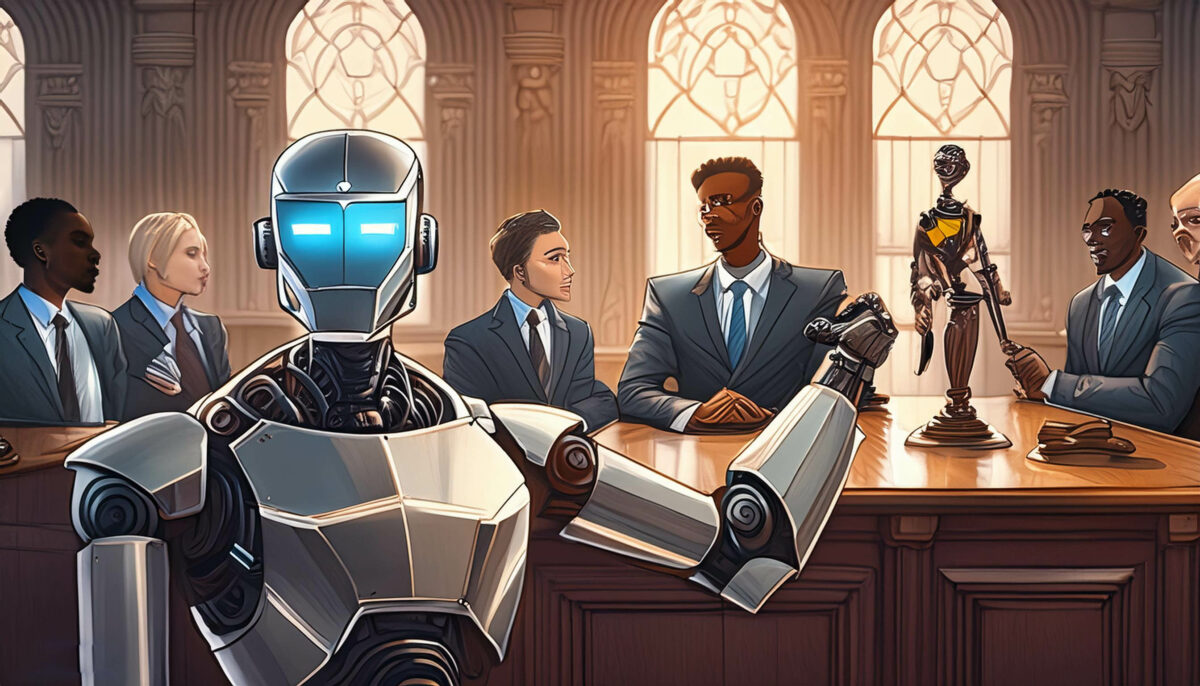In the bustling world of global media and technology, a landmark legal challenge in the United States is casting ripples across the Atlantic, touching shores as distant as Africa. The protagonists in this unfolding drama are OpenAI, a behemoth in the artificial intelligence sector, and five of the largest U.S. newspapers. These media giants have filed a lawsuit against OpenAI and its significant supporter, Microsoft, accusing them of copyright infringement—a case that underscores the tension between technological innovation and intellectual property rights.
OpenAI, known for its groundbreaking advancements in AI, recently negotiated several high-profile deals with leading news publishers, including Axel Springer and the Financial Times. These partnerships aimed to harness AI for enhancing content delivery but also sparked concerns over the ethical use of copyrighted material. Amidst these developments, the lawsuit emerges as a cautionary beacon, illuminating potential pitfalls for media and tech companies worldwide, particularly in regions like Africa, where the digital and legal landscapes are still taking form.
Africa, with its burgeoning tech hubs in cities like Lagos, Nairobi, and Cape Town, has witnessed a surge in AI adoption across various sectors, including media. Local startups and established companies alike are integrating AI to revolutionize content creation and distribution. However, the news of the lawsuit from the U.S. presents a scenario fraught with legal complexities that could influence African entities. The question now is how these companies will navigate the treacherous waters of copyright laws that might not yet fully accommodate the nuances of AI technology.
The challenge for African tech and media lies not only in adapting to these international legal battles but also in seizing the opportunities they present. Innovators on the continent are uniquely positioned to lead the way in ethical AI utilization, developing technologies that respect the rich tapestry of African languages and cultural narratives. Such initiatives could establish new standards for AI in media, emphasizing respect for copyright while fostering innovation.
As the legal drama unfolds in the U.S., African tech and media circles buzz with discussions on the implications of the case. It serves as a critical lesson and a catalyst for change, urging stakeholders to fortify their legal safeguards and to innovate responsibly. The story of AI in Africa could thus morph from one of caution to one of creativity, setting a global benchmark for how technology and tradition can coexist in harmony.
This narrative, still in its early chapters, invites African tech and media leaders to script their paths carefully, balancing on the tightrope of technological advancement and copyright integrity. As they watch the lawsuit’s progress, there’s a collective recognition of the stakes involved—not just for their businesses, but for the broader ethical landscape of AI globally. In this way, Africa could play a pivotal role in shaping the future of AI, ensuring it enhances not only media but also the mosaic of human expression.
